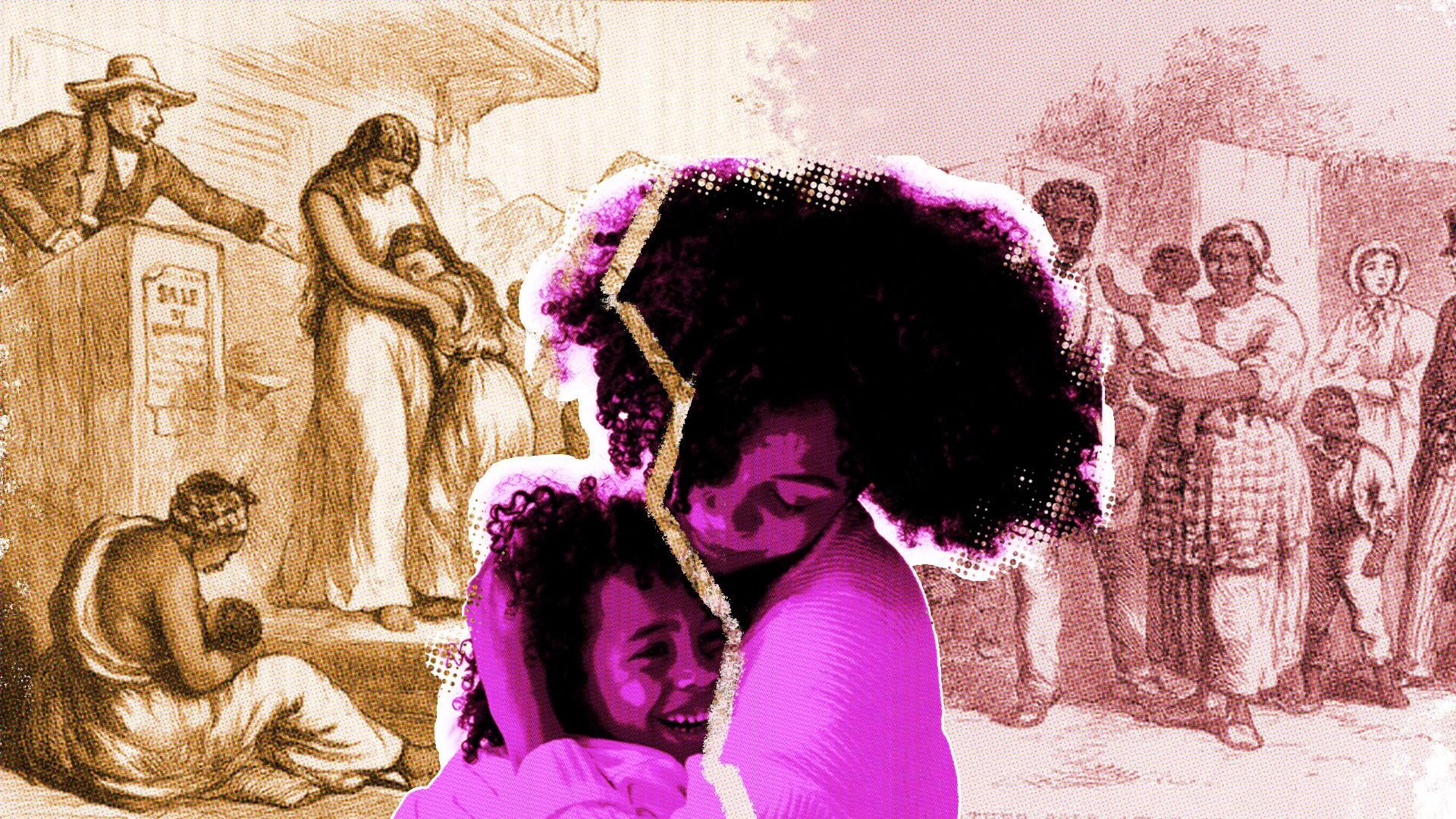I still remember how my stomach dropped when I got the news that my cousin was arrested and that her children—four boys all under the age of 13—were at risk of going into "the system." Thankfully my uncle, her father and their grandfather, was able to take in the children to prevent that from happening; however, due to his work schedule, he would not be able to keep them for long. This uncertainty put the boys' short-term fate in jeopardy. Ultimately, there was enough support to ensure my little cousins could return to their mother with supervision. For our family, the alternative was simply unacceptable, even if it meant that a few of us would need to take one or two of the children if no one was able to take them all. Some might wonder why a single doctoral student without children of her own would voluntarily take on the care of two toddlers. Anyone who knows what can happen to children—especially Black children—when the state gets them, knows exactly why.
What happened to my family is a common occurrence in the United States and has a long history that dates back to the era of enslavement. Black children are at higher risk of being taken away by the state. One study found that 53 percent of all Black children will experience a child-welfare investigation by the time they reach age 18. The investigations are incredibly invasive and can be humiliating for the parents and children, with Child Welfare Agents often arriving unannounced and searching refrigerators and closets, even children, without a warrant.
Furthermore, one in 10 Black children are separated from their parents by the Child Welfare System, and more than half will be investigated by Child Protective Services. Even though Black children make up 14 percent of the US population, they account for 24 percent of child abuse or neglect reports. This is not because Black parents and caregivers have poorer caretaking skills or love their children less, despite the racist stereotypes about Black parents. This is a sign of a systemic, racist bias built into the Child Welfare System that disadvantages Black parents and families.
Compared to white families, Black and Indigenous families are more surveilled and held to higher standards by institutions such as Child Protective Services, educators, and healthcare providers. This is yet another mechanism through which Blackness and poverty are criminalized and pathologized. Several laws make it easy to criminalize and punish impoverished families, specifically single mothers, for not having the resources and support needed to care for their children. Therefore, teachers, social workers, and healthcare workers are essentially deputized to surveil and police poor families.
When you hear of child neglect, you might picture children not getting enough nourishment, being exposed to drugs, or perhaps physical or sexual abuse. However, in actuality, only 17 percent of US children enter foster care due to physical or sexual abuse. This is not to downplay the reality of these types of abuse, but to demonstrate that most reports are due to indicators of poverty, such as dirty or ill-fitting clothing. Most people might assume that the child welfare system is one that protects and serves and ensures the well-being of the children in their care but that is unfortunately far from the truth. Separating families has long-term mental and physical health consequences, not only for the children but also for their caregivers and communities. Even when there is extreme harm taking place, foster care is not typically a haven for Black children. Numerous studies have found that family separation leads to long-term mental and emotional health consequences that can linger into adulthood, such as depression, anxiety, chronic stress, and even mortality.
When I was young, my momma hurt her back while working as a home health worker. Mostly bedridden for months, she often talked me through carrying out various household tasks. I imagine that if someone in our neighborhood saw her disability as an indictment on her parenting, they could easily have called CPS, who might have arrived with police in tow to find me washing clothes or watching a pot that my momma had hobbled to the kitchen to get started. They could have called my grandparents who were a quick drive away but perhaps not until I was already in the system and experienced the trauma of being separated from my sick mother. That was thankfully not our story because we had a loving community and a support system that looked out for us. There were also programs that ensured that my momma could keep us housed, fed, and clothed. She had assistance and eventually received disability benefits. That is what families need.
In her book, Torn Apart, Dr. Dorothy Roberts, shares stories of Black families who were investigated and punished under the guise of child protection. One particularly harrowing example was of a young, Black mother named Vanessa Peoples who was forced to plead guilty to endangering her child despite there being no evidence of endangerment or neglect. Vanessa, who is chronically ill, was physically assaulted by police in her home after they were called by the county's Children and Family Services and arrived unannounced. Vanessa's story is a clear picture of how a system ostensibly designed to protect Black children ends up breaking up and traumatizing families. To this, Dr. Roberts presents abolition as a solution.
Ruth Wilson Gilmore describes abolition as "presence"—the presence of systems, structures, and resources that ensure that communities thrive and their residents' needs are met. The parents and caregivers of the nearly 11 million children living in poverty do not need more surveillance and policing, they need stable housing, and job security, among other essential resources. Black children deserve to grow up with their families—free from the fear of arbitrary separation.

